#california
Junkyard Find: 1977 Mercury Bobcat 3-Door
You’d think that examples of the Ford Pinto and its Mercury-badged twin, the Bobcat, would have disappeared from the American junkyard ecosystem by now, given the cheapness of these cars and the decades of exploding-Pinto punchlines since “Pinto Madness” came out in 1977. No doubt due to the huge quantities sold during the Pinto/Bobcat’s 10-year production run (well over three million), such is not the case; I continue to find Pintos and Bobcats in junkyards to this day.
Here’s a light blue ’77 three-door Bobcat in a Northern California self-serve yard.
Try and Stop Me: In Defiance of County Orders, Tesla Turns on the Lights
Furious over a decision by county officials to keep all non-essential businesses offline until the end of the month, Tesla CEO Elon Musk announced late Monday that his Fremont, California assembly plant is opening up anyway.
The move comes two days after the automaker filed a lawsuit against Alameda County. In it, Tesla called the county’s order unconstitutional and in violation of California Governor Gavin Newson’s statewide return-to-work mandate. Should county officials call in the cops, Musk wishes to be the only one in cuffs.
Tesla Sues County; Musk Promises to Pick up Toys, Go Home
California announced late last week that it will allow the cautious reopening of manufacturing operations across the state, but Alameda County resisted, claiming it will keep non-essential businesses shuttered until the end of the month.
Guess which county Tesla’s Fremont assembly plant is located in.
Now guess Tesla CEO Elon Musk’s reaction to the country’s announcement. If you speculated that Tesla might sue Alameda Country, with Musk launching an online tirade in which he promises to move Tesla HQ and all future products out of the state, you’d be right.
Junkyard Find: 1986 Ford Taurus L
Junkyard Find: 1983 Mercury Marquis Sedan
California Greenlights Autonomous Delivery Vehicles for Public Roads
On Tuesday, self-driving startup Nuro received a permit from the State of California to commence testing on certain public roads. Issued by the state’s Department of Motor Vehicles, the document allows its fleet of driverless delivery bots to mingle with traffic.
On a national level, Nuro’s vehicles are technically illegal without a smidgen of government help. U.S. Federal Motor Vehicle Safety Standards mandate road-going automobiles have things like windshields, airbags, and mirrors. Meanwhile, Nuro’s small delivery units don’t even have space for a driver — requiring the Department of Transportation to make regulatory exemptions for the brand in February after debating the issue for over a year.
Does Tesla Have an Obligation to Close the Fremont Plant?
Tesla has earned no shortage of criticism for being the only American manufacturer yet to suspend production as a result of the coronavirus pandemic. Rather than enact a full-blown shutdown, the California-based automaker opted to reduce its active workforce to just 2,500 employees — about a quarter of its total strength.
Six counties in the San Francisco Bay Area have issued a “shelter-in-place order” aimed at curtailing the spread of the novel coronavirus. Tesla’s Fremont facility is located in Alameda County — one of the municipalities telling residents to stay in their homes and close all nonessential businesses. Noticing that the factory had failed to comply with the notice, the Alameda County Sheriff’s Office tweeted out that Tesla was “not an essential business as defined in the Alameda County Health Order.”
But we’re not even sure what the company is legally obligated to do.
Junkyard Find: 2005 Suzuki Reno SWT
Would you consider a special-edition version of the Daewoo Nubira’s successor to be worthy of inclusion in this series, even as I walk by 99 out of 100 junked BMW E30s? Hey, if I’m willing to photograph every Mitsubishi Lancer OZ Rally and Geo Storm GSi that I find in the junkyard, then of course a genuine, numbers-matching Suzuki Reno SWT makes the cut!
Junkyard Find: 1987 Nissan Maxima Sedan
Gas War: Justice Department Drops Antitrust Probe Against Automakers Siding With California
The United States Department of Justice has ended its investigation into Ford, Honda, Volkswagen, and BMW over a presumed antitrust violation stemming from a deal they made with California to adhere to regional emission rules. Their agreement technically circumvents the current administration’s plan to freeze national emissions and fuel economy standards — established while President Obama was still in office — at 2021 levels through 2026. Under the California deal, the automakers promised to comply with pollution and gas mileage requirements that are more stringent than the federal standards suggested in the rollback proposal.
But the probe also looked like retaliation from the Trump administration against automakers publicly siding with the state causing the most trouble in the gas war. Under the deal, the automakers promised to comply with pollution and economy requirements that are tougher than proposed federal standards. Despite the corporate promise being as empty as an Oscar speech, it was still an affront to the current administration’s efforts to tamp down lofty efficiency targets put in place just days before it came into power.
While the Justice Department hasn’t explicitly said why it closed the investigation, it’s presumed that it simply didn’t find anything that it felt violated antitrust laws. California Governor Gavin Newsom said on Friday that he wasn’t surprised by the decision, stating that the “trumped-up charges were always a sham, a blatant attempt by the Trump administration to prevent more automakers from joining California and agreeing to stronger emissions standards.”
Junkyard Find: 1987 Jaguar XJ6
Jaguar built the Series III Jaguar XJ for the 1979 through 1992 model years, and so I’ve been seeing these cars in the big self-service vehicle graveyards since, well, the middle 1980s. They still show up in such yards to this day, as long-neglected project cars get swept up in yard- and driveway-clearance projects, but I’ll only document those that are particularly interesting.
A very clean British Racing Green XJ6 from the last model year for the Series III’s straight-six engine certainly qualifies, so here we go!
Junkyard Find: 1982 Mercury Cougar GS Two-door Sedan
Junkyard Find: 1986 Buick Riviera T-Type
The General’s Buick division went all futuristic starting in the middle 1980s, hoping to win back (younger) American buyers who were switching their loyalty to high-tech European machinery at that time. The sleek Reatta two-seater came along in the 1988 model year, but the 1986 Riviera (and, to a lesser extent, the Somerset) were the first models to get the science-fiction touch.
Here’s a maximum-options Riviera T-Type coupe, which came with 800-way power seats and a touchscreen computer interface, spotted in a Silicon Valley self-serve yard last month.
Junkyard Find: 1974 Toyota Corona Station Wagon
A New Twist: California Bans Gov. Purchasing of Most Auto Brands
Just when you thought the gas war couldn’t get any wilder, California has announced it will ban the purchase of any vehicle manufactured by a company that doesn’t explicitly recognize the state’s ability to set its own emission regulations.
Starting in January, California plans to purchase any-and-all government fleet vehicles from only Ford, Honda, BMW, and Volkswagen Group — companies that backed a voluntary agreement to adhere to the state’s emission rules over the summer. The pact is now the subject of a federal antitrust probe.
Any automaker publicly supporting a single national standard (or having recently expressed support for the Trump administration’s fuel rollback proposal) will be deemed ineligible for fleet consideration. “Car makers that have chosen to be on the wrong side of history will be on the losing end of California’s buying power,” California Governor Gavin Newsom said in a statement.



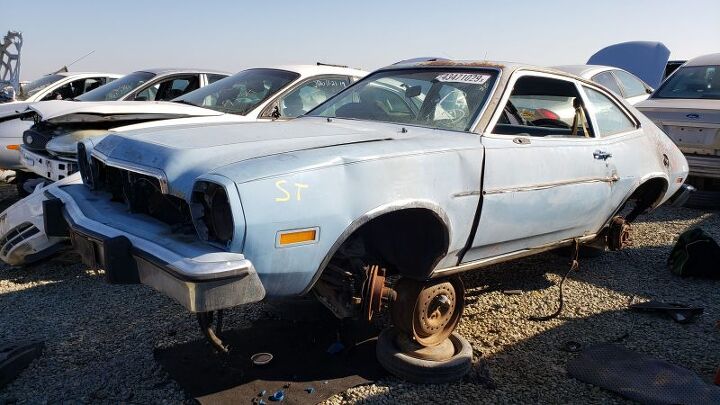


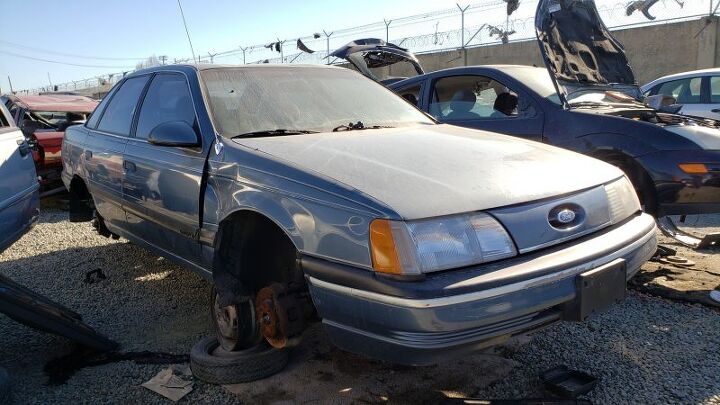
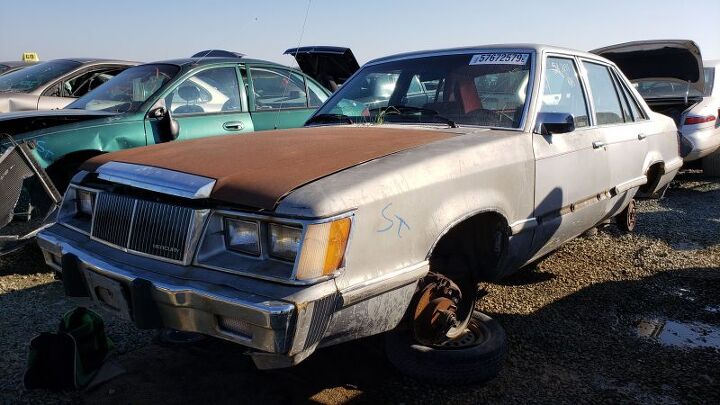

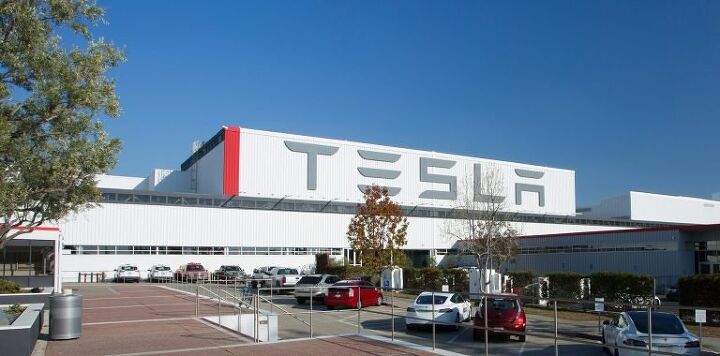

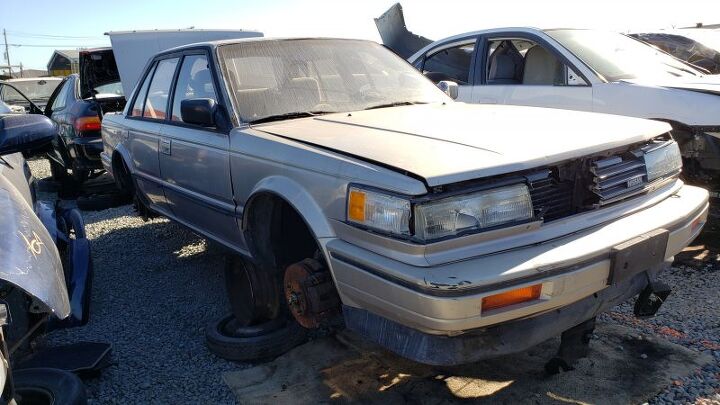

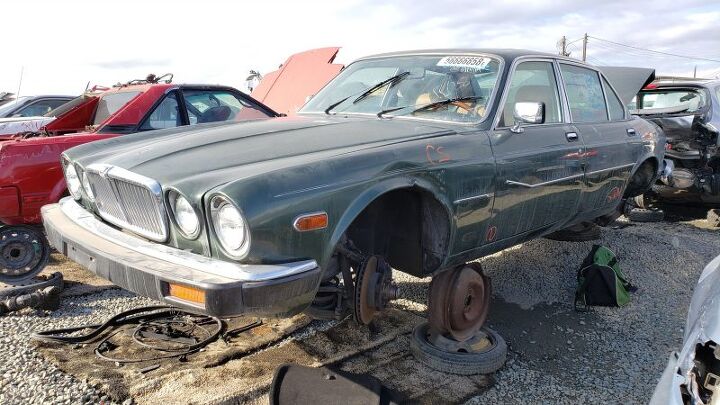
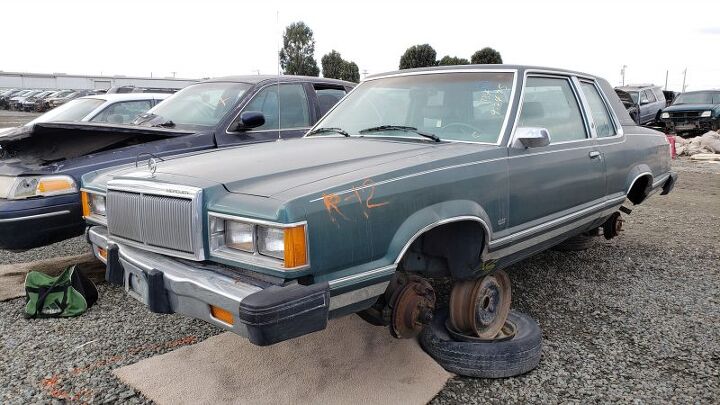
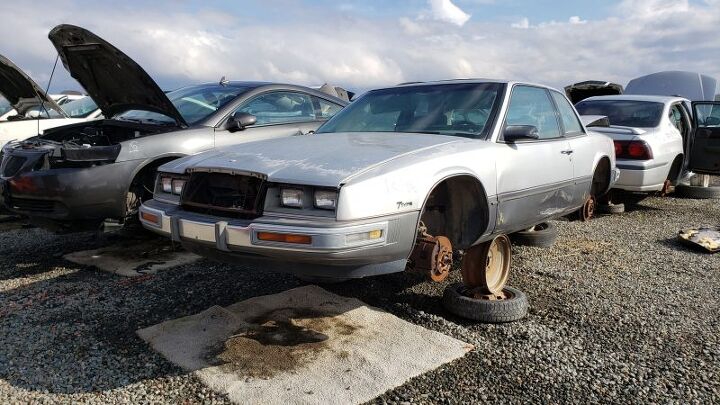
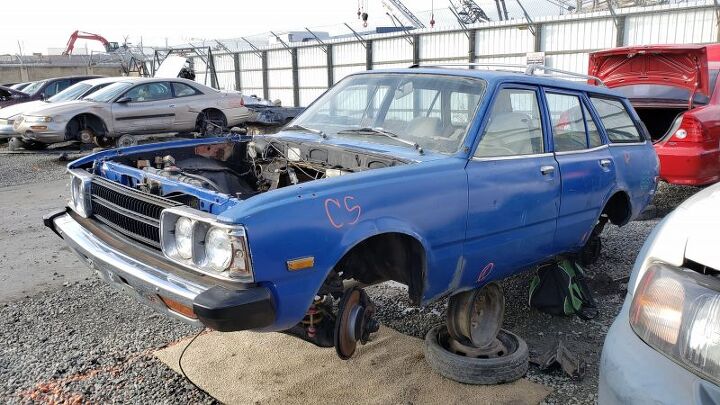
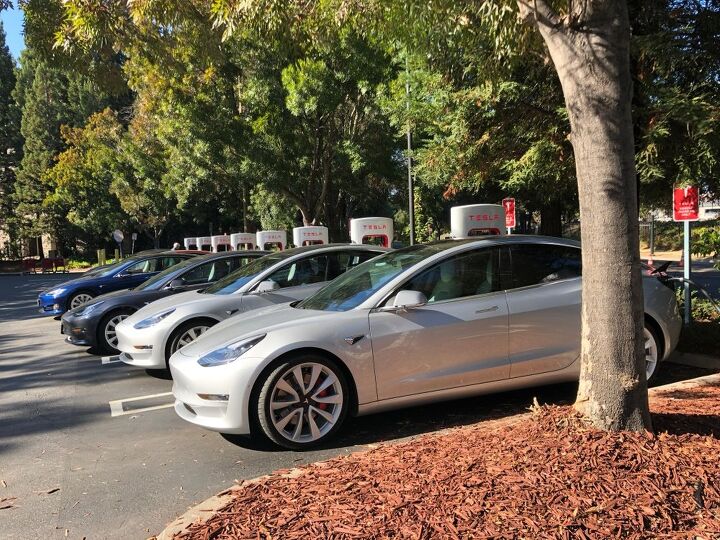












Recent Comments